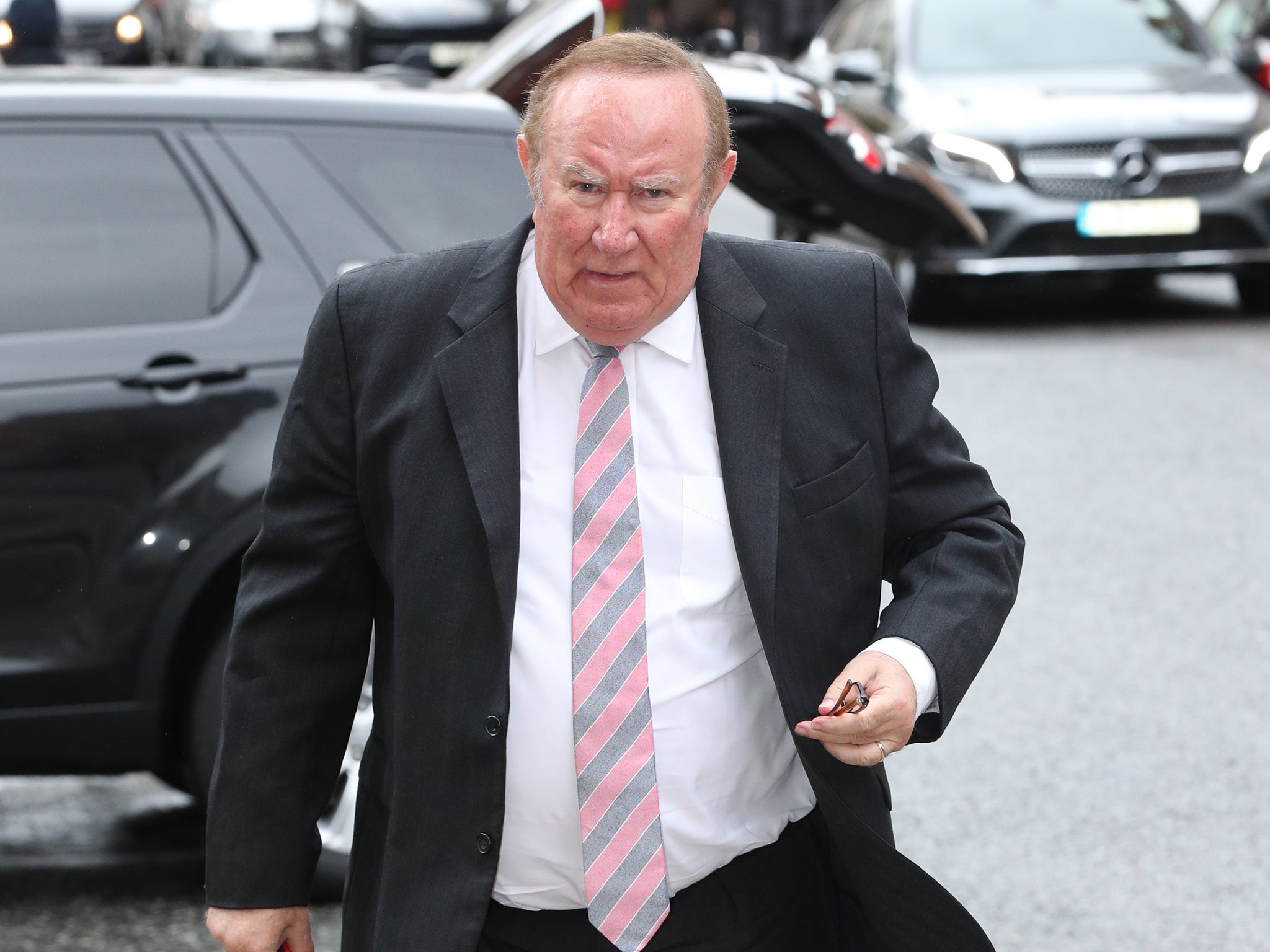Andrew Neil’s GB News is hiring as unemployment surges. Can it shake up broadcast media?
The channel has £60m in start-up funding. New media ventures have a spotty record, so its backers may have to be prepared to add to their investment, writes James Moore


As yet another grim batch of unemployment figures are released – the official jobless total of 1.72m is the highest in five years – there are at least some people out there hiring.
GB News, the new channel led by Andrew Neil, has been billed in some places as a UK equivalent of Fox News: just what a deeply divided country grappling with Covid-19, the aftermath of Brexit, and even its potential break-up doesn’t need.
The channel has launched a search for 140 “disrupters and innovators” to help it succeed in its bid to shake up TV news and reach the parts of the nation supposedly underserved by established broadcasters such as the BBC and Sky.
These are, presumably, conservative-minded viewers who live outside the capital. They aren’t exactly underserved when it comes to media. The right has by far the largest share of the national voice when it comes to newspapers –The Telegraph, Daily Mail, Daily Express, The Times and The Sun, for example. But we’re talking broadcast news here.
The chief executive of GB News, Angelos Frangopoulos, has stated that the channel is “committed to impartial journalism”, which has been interpreted as an attempt to play down comparisons to Fox.
These days, however, impartiality is in the eye of the beholder. While Fox is anything but, that hasn’t stopped it from claiming it is, with such slogans as “Fair and Balanced” and “We Report, You Decide”. It has also made great play of its separation of anchors into nominally impartial “news” and aggressively partisan “opinion”.
The first of those divisions called Arizona for Joe Biden during the US election before any of the other networks, infuriating Donald Trump and his supporters. Some of Fox’s people also pushed back against Trump and his allies’ claims of widespread voter fraud, for which there was no evidence whatsoever.
The “opinion” hosts have done the opposite while serving up a daily diet of conspiracy theories and hard-right political talking points occasionally so far beyond the pale that they have provoked advertiser revolts.
GB News segmenting the channel into “must see” slots, featuring a range of opinionated hosts “with an edge”, looks very much like what Fox does.
By contrast to the US, Britain has impartiality rules and a regulator (Ofcom) charged with enforcing them. But talk radio has found a way around these strictures by employing hosts with a range of views. LBC, for example, has Nick Ferrari and Iain Dale but also features liberal hero James O’Brien. Worth noting: Ofcom’s rules don’t require that equal airtime is given to both sides.
Back to GB News, which is not short of funding, with some £60m put up by US media group Discovery and hedge fund manager Paul Marshall among others.
It will need the cash. TV news is a notoriously expensive business, although GB is not going to offer the sort of rolling news in which BBC and Sky’s news channels specialise.
Sky, now an established part of the UK scene, was run as a loss leader for years. Now owned by Comcast, Rupert Murdoch saw it as a key part of the business when he was building it up and was therefore willing to weather the costs.
His Fox News, on the other hand, is a commercial juggernaut, a hugely important profit centre for his business after he sold most of its entertainment operations to Disney.
It is now a solidly established part of a much bigger market.
A TV channel at least partly inspired by its model does rather feel like an analogue idea for a digital world, in which several new ventures across the Atlantic have eschewed traditional broadcasting platforms in favour of YouTube. A notable example would be The Young Turks, an unashamedly progressive network with more than 5 million YouTube subscribers. It offers add-ons for paying members.
It’s often said that the best time to launch a new business is in the middle of a downturn, and Britain is experiencing a humdinger of those. Causing a ruckus, with the help of social media, is generally a good way of getting eyes, and we can count on that happening.
But can GB News use outrage, a publicity blitz and its flagship host’s star quality to build a sustained audience? That's the £60m question.
New media businesses have a spotty record, as I can testify having joined The Sportsman, the only newspaper to go out of business with a rising circulation, at its launch.
Given the business the new channel is in, I’d rate the chances of its backers having to dip into their pockets again as high.



Join our commenting forum
Join thought-provoking conversations, follow other Independent readers and see their replies
Comments